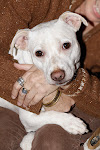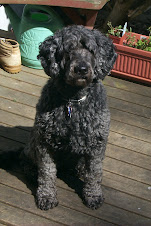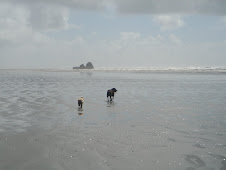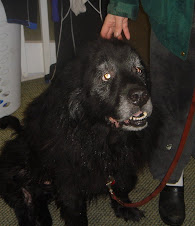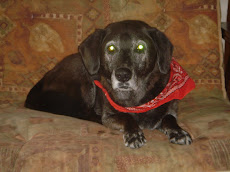I've heard people say it. I've read it, but the last time it was directed at me and it was my Achilles heal I guess. While in session with a physical therapist, chatting about my work, she blurted out that she has a dog, she loves her dog, but she would not spend "that kind" of money on him After all, he's not a child.
This statement brought up several uncomfortable issues for me. First being the feeling of a personal attack. I mean, she basically just invalidated my work, what I believe in. Second, why did she think it was appropriate to tell me that at all? I am her patient for crying out loud. We weren't on a personal level. Quite unprofessional. Third, what does that statement really mean?
"He is not a child". As in; a person between birth and full growth; a boy or girl: a son or daughter; a baby or infant? No. But in the sense that many people feel the emotional bond with their dog, the important relationship they have with their animal means the world to them.
Our 'pets' are dependent on us for nearly everything, food, water, shelter, companionship, the basics of life. Quality of life for them is where the biggest differences arise, between 'pet ownership' and our dog being an equal member of the family. Most people I know equate love with the emotional bond and level of closeness they feel with their animal. For instance, it is hard to believe that a person who leaves their dog outside, rain or shine, hot or cold has the same level of loving relationship with the person that sleeps with their dog.
My point is that we have 'adopted' this living, breathing being, brought it into our home and family. By doing so we have committed to caring for it. The level of care is open to interpretation, just as it would be for a human child, as long as the basics are met. But it was a decision we made and it was a life changing decision. Much more so for this animal than for us. They are our dependents, who rely on us and want nothing more than to please us and be with us. For many people that is the difference. Their dogs love them unconditionally. I can't say that for a biological child. So why is that not important enough to some people?
Many of my clients have children but they had their dog first. Others have children who have grown and moved on, living their own lives. And there are others who have no children. Many of these people, men and women, have confided in me that they love their dogs more than they can express. The dog is their 'child'. That does not mean they love their biological children less, but that these amazing animals bring a kind of love to their lives that no one else has.
Saturday, March 28, 2009
Subscribe to:
Comments (Atom)


